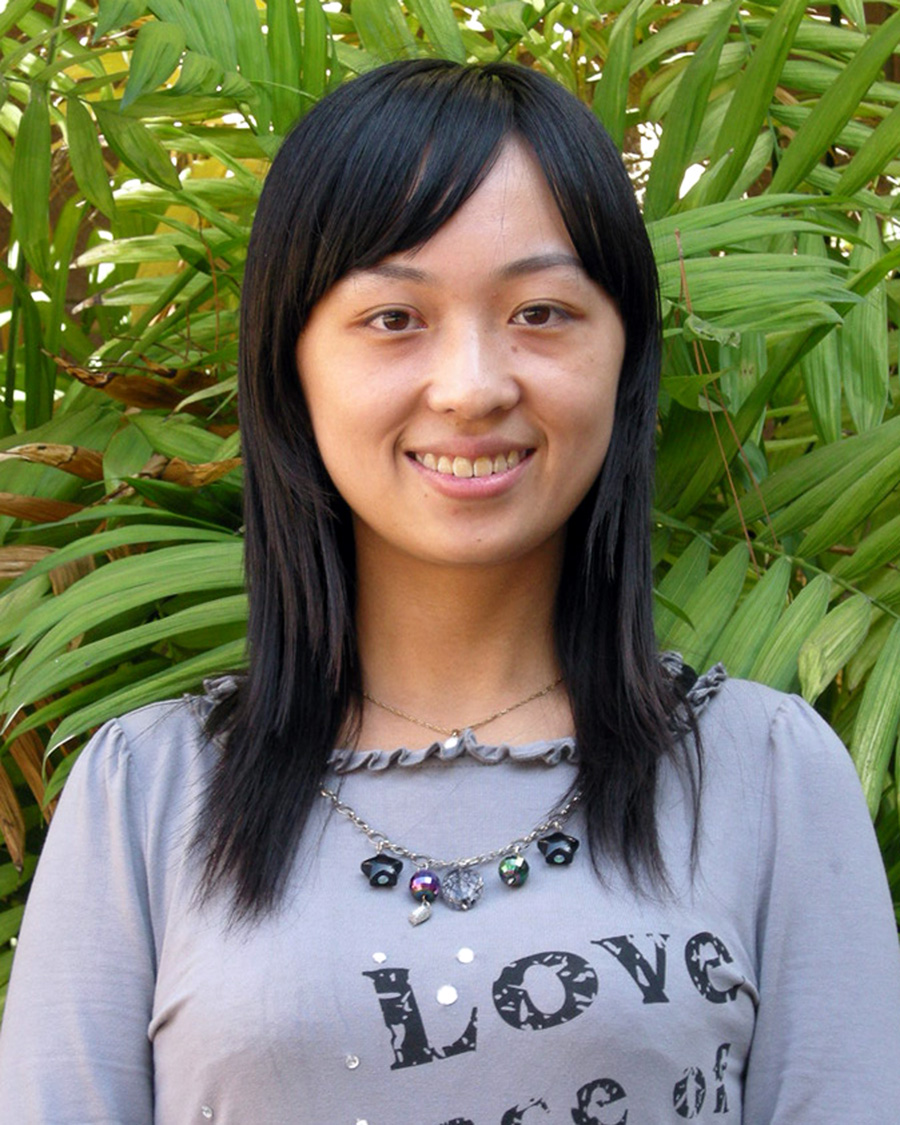Graduate students Drew Dara-Abrams, Karl Grossner, Ed Pultar, and Yihong Yuan have received Dangermond Travel Awards for the Fall Quarter:
Drew will be presenting a Full Paper, “Navigating and Learning with Location Based Services: A User-Centric Design” at the 7th International Symposium on Location Based Services & TeleCartography (LBS 2010) to be held on 20th – 22nd Sep, 2010, Guangzhou, China. Abstract: Many architectures of location based services (LBS) focus on the interplay of the involved technologies. Instead, we present a modular architecture that centers on the outcomes of LBS for users. Specifically, we derive a process-oriented context model for service adaptation and develop from this a user-centric LBS architecture that distinguishes different degrees of user involvement. This model highlights the effects that differences in interaction have for the users, for example, the effects on spatial learning. We illustrate this in an exploratory empirical investigation of interaction differences in the navigation services offered by Apple’s iPhone and Google’s Android smart-phones, which demonstrates how a difference in device design leads one to be more efficient for navigation and the other to be better for spatial learning.
Karl has had “Event Objects for Spatial History” accepted as a Short Paper presentation at GIScience 2010 in Zurich, Switzerland, September 14-17, 2010. Abstract: A growing number of historical scholars in social science and humanities fields are using GIS to investigate spatial questions. They require systems having greater compatibility with historiographic practices by means of temporal and semantic extensions to typical GIS data models. This research develops novel conceptual and logical models of historical knowledge representation for historical GIS (HGIS) databases, intended to support both standalone analytic applications and individually or collectively authored knowledge repositories such as the emerging genre of digital historical atlas. An event-centered ‘information ontology’ for spatial history has been developed, and instantiated in a particular object-relational spatial database. Events are arguably the most comprehensive container for information about dynamic geo-historical phenomena. To describe an event well is to account for its purpose and results, its participant actors in roles for some interval, its location in space and time and its relation to other events. The representation of large numbers of events along those dimensions will enable faceted browsing and spatiotemporal analyses supporting the discovery of underlying processes.
Ed will present two pieces of work, one in the extended abstracts portion of the GIScience conference (“Location-Based Social Network Capital”) and another in the doctoral colloquium segment (“The Synergy of Social, Transportation, Communication and Data Networks”). Abstract of the latter: This research examines travel behavior using Internet-based websites that provide free lodging with local inhabitants. Users of such systems utilize an amalgamation of transportation networks, social networks, and communication networks. This research focuses on how the geographical spread of people in a modern Internet-based social network influences the travel choices of each individual in the network. This new subfield of movement will lead to transformative research on modern travel methodologies. This is partly because users are able to make more dynamic, mid-trip decisions due to the ubiquitous availability of the Internet. Also, the inclusion of reference systems and community message boards caters to highly flexible travel decisions. There is a need for understanding travel behavior for long distance travel combined with the use of information from a social network. Therefore this project will be a leading indicator of future travel decision making.
Yihong submitted two extended abstracts to the main GIScience 2010 conference and one short paper to the pre-conference workshop, all of which were accepted for presentation. Abstract of the short paper by Yihong Yuan and Martin Raubal “On correlation between mobile phone usage and travel behavior – A case study of Harbin, China”: In this research, we focus on examining how population heterogeneity impacts the relationship between mobile phone usage and individual activity behavior based on a dataset from Harbin City, China. We propose to account for the heterogeneity of the population when analyzing the correlation between ICT and human activity-travel behavior. As a result it is important to specify individual attributes (e.g., cultural, social, institutional, physical aspects) when investigating this problem. It is highly possible that mobile phone usage and travel behavior correlate differently among various social groups. Therefore, a general conclusion for the population is insufficient to represent the complicated nature of this question. Since the results of the current analysis told us little about causality, the term “relationship” in this research refers to correlation rather than causality.

.jpg)
.jpg)
.jpg)

.jpg)
